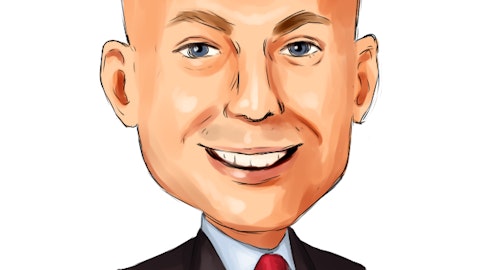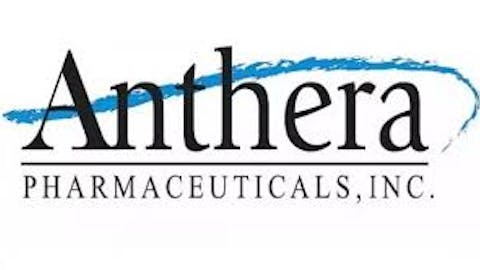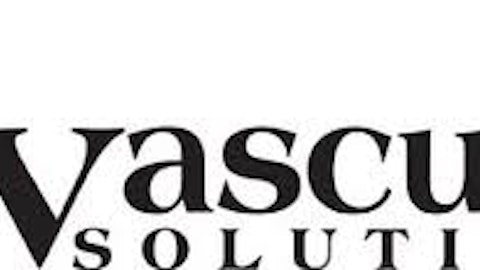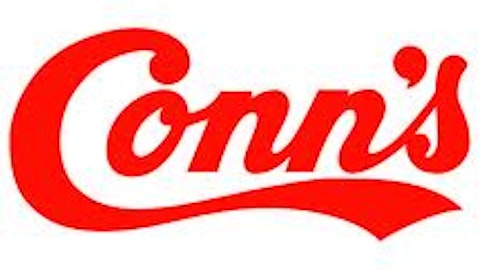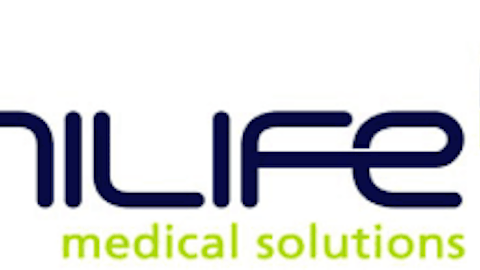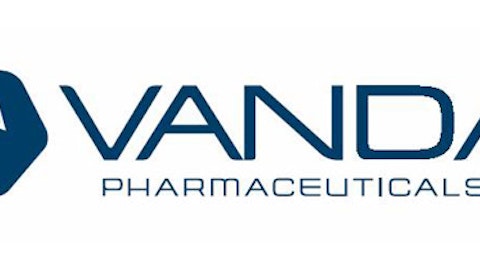Unilife Corp (NASDAQ:UNIS) and Anthera Pharmaceuticals Inc (NASDAQ:ANTH) were among the stocks losing ground early this morning, though one of them has quickly rebounded to turn that frown upside down. The devil is in the details, so let’s dig into the details which have lead these companies to being actively-traded and scrutinized.

Unilife Corp is fading fast after its fourth quarter and full year fiscal 2015 financial results were released after the close of trading yesterday, falling by 9.09% this morning. The drug delivery system company reported revenues of $3.5 million for the fiscal fourth quarter ending on June 30, along with a net loss of $0.22 per share, representing a decline of 47.2% in its revenue and a 46.70% drop in its EPS on a year-over-year basis. Analysts were expecting a loss of $0.16 per share for the quarter. Additionally, Unilife Corp (NASDAQ:UNIS) reported revenues of $13.2 million for the full fiscal year 2015, a decline of 10.20% compared to fiscal year 2014, while its annual loss came in 37.30% higher at $0.81 per share.
The manufacturer of medical products has faced pressure from its shareholders to create more shareholder value in the past couple of months, suggesting the firm hire an advisor to help accomplish the task. The management of Unilife Corp addressed the issue by announcing Morgan Stanley & Co LLC as its new strategic advisor. According to the official announcement from the medical company, Unilife Corp will seek out “a possible sale of the Company, a strategic partnership with one or more parties or the licensing of some of the Company’s proprietary technologies.”
Investors have been very bearish on Unilife in 2015, with its stock declining by 60.83% year-to-date. However, the hedge funds that we track at Insider Monkey were slightly bullish outlook during the quarter ending June 30, perhaps finding an entry point amid the declines. The shares of Unilife Corp (NASDAQ:UNIS) dropped by 46.38% during the second quarter, but the aggregate holdings of the funds we track fell by just 40.35% to $8.38 million during that time, showing that hedge funds collectively added some shares to their portfolios, while ownership remained the same at eight funds. Israel Englander’s Millennium Management was the largest shareholder of the company in our database, owning 1.40 million shares valued at $3.01 million. Broadfin Capital and Raging Capital Management were its other major shareholders, having 1.15 million sharesand 714,820 shares, respectively.
Let’s take a step back and analyze how tracking hedge funds can help an everyday investor. Through our research we discovered that a portfolio of the 15 most popular small-cap picks of hedge funds beat the S&P 500 Total Return Index by nearly a percentage point per month on average between 1999 and 2012. On the other hand the most popular large-cap picks of hedge funds underperformed the same index by seven basis points per month during the same period. This is likely a surprise to many investors, who think of small-caps as risky, unpredictable stocks and put more faith (and money) in large-cap stocks. In forward tests since August 2012 these top small-cap stocks beat the market by an impressive 60 percentage points, returning 118% (read the details here). Follow the smart money into only their best investment ideas all while avoiding their high fees.
